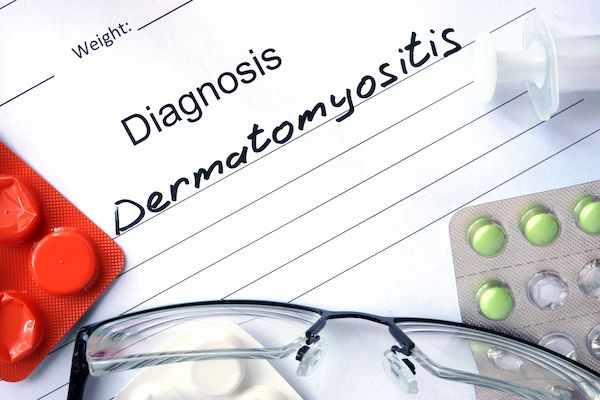- Male
- 0 Years
- 22/01/2025
I've been trying to understand how often PRP treatment can be done because different clinics are saying different things. Some say they would apply the treatment twice a month over three months if the hair doesn't grow, which adds up to six times in three months. Is this frequency safe and effective? I'm concerned about whether there's a standard or if overdoing it could have side effects.
More Dermatology Health Queries
View allI've been dealing with acne and pimples all over my face and back for a few years now. I've tried using Clinsol, but it hasn't really helped, and my skin is still super itchy. Could you suggest any creams or medicines that might work better for me?
use medicine
Answered by 1 Apollo Doctors
I'm wondering about the best way to use Kojivit gel cream. Should I apply it in the morning or at night? Is it okay to use Kojivit in the morning and then Retino at night? Any advice would be helpful.
yes
Answered by 1 Apollo Doctors
I'm a 24-year-old woman and I've noticed my lips getting darker. They used to be pinkish, but now they're turning more brown. Even though I drink a lot of water, they seem really dry and chapped. I've tried all sorts of things like lip balms, fresh cream, and aloe vera gel, but nothing seems to help. Do you have any advice on how I can make my lips pink, soft, and smooth again?
I understand your concern about your lips becoming darker and drier. Here are some potential causes and solutions to help you achieve pink, soft, and smooth lips: Potential Causes 1. Dehydration: Insufficient water intake can cause dry, chapped lips. 2. Lack of essential nutrients: Inadequate vitamins, minerals, and antioxidants can affect lip health. 3. Exposure to environmental factors: Sun exposure, wind, and dry air can dry out your lips. 4. Smoking or tobacco use: Tobacco smoke can cause lip discoloration and dryness. 5. Certain medications: Some medications, such as certain antibiotics, antihistamines, and blood pressure medications, can cause dry mouth and lip dryness. 6. Hormonal changes: Hormonal fluctuations during menstruation, pregnancy, or menopause can affect lip color and texture. 7. Skin conditions: Certain skin conditions like eczema, psoriasis, or vitiligo can cause lip discoloration and dryness. Solutions 1. Stay hydrated: Drink plenty of water throughout the day to keep your lips hydrated. 2. Exfoliate your lips: Gently exfoliate your lips with a soft toothbrush or a lip scrub to remove dead skin cells. 3. Use a humidifier: Dry air can dry out your lips, so using a humidifier can help maintain a healthy moisture level. 4. Protect your lips from the sun: Apply a lip balm with SPF 30 or higher to protect your lips from the sun's UV rays. 5. Avoid licking your lips: Saliva can dry out your lips further, so try to break the habit of licking your lips. 6. Try a lip mask: Apply a lip mask or a thick layer of lip balm before bed to help lock in moisture. 7. Consider a vitamin supplement: Ensure you're getting essential nutrients like vitamin B12, iron, and omega-3 fatty acids, which can help maintain healthy lips. Home Remedies 1. Coconut oil and sugar scrub: Mix coconut oil and sugar to create a gentle exfoliating scrub for your lips. 2. Honey and yogurt mask: Apply a mixture of honey and yogurt to your lips to help lock in moisture and soothe dryness. 3. Aloe vera gel: Apply aloe vera gel to your lips to help soothe and moisturize them.
Answered by 1 Apollo Doctors
Disclaimer: Answers on Apollo 247 are not intended to replace your doctor advice. Always seek help of a professional doctor in case of an medical emergency or ailment.






